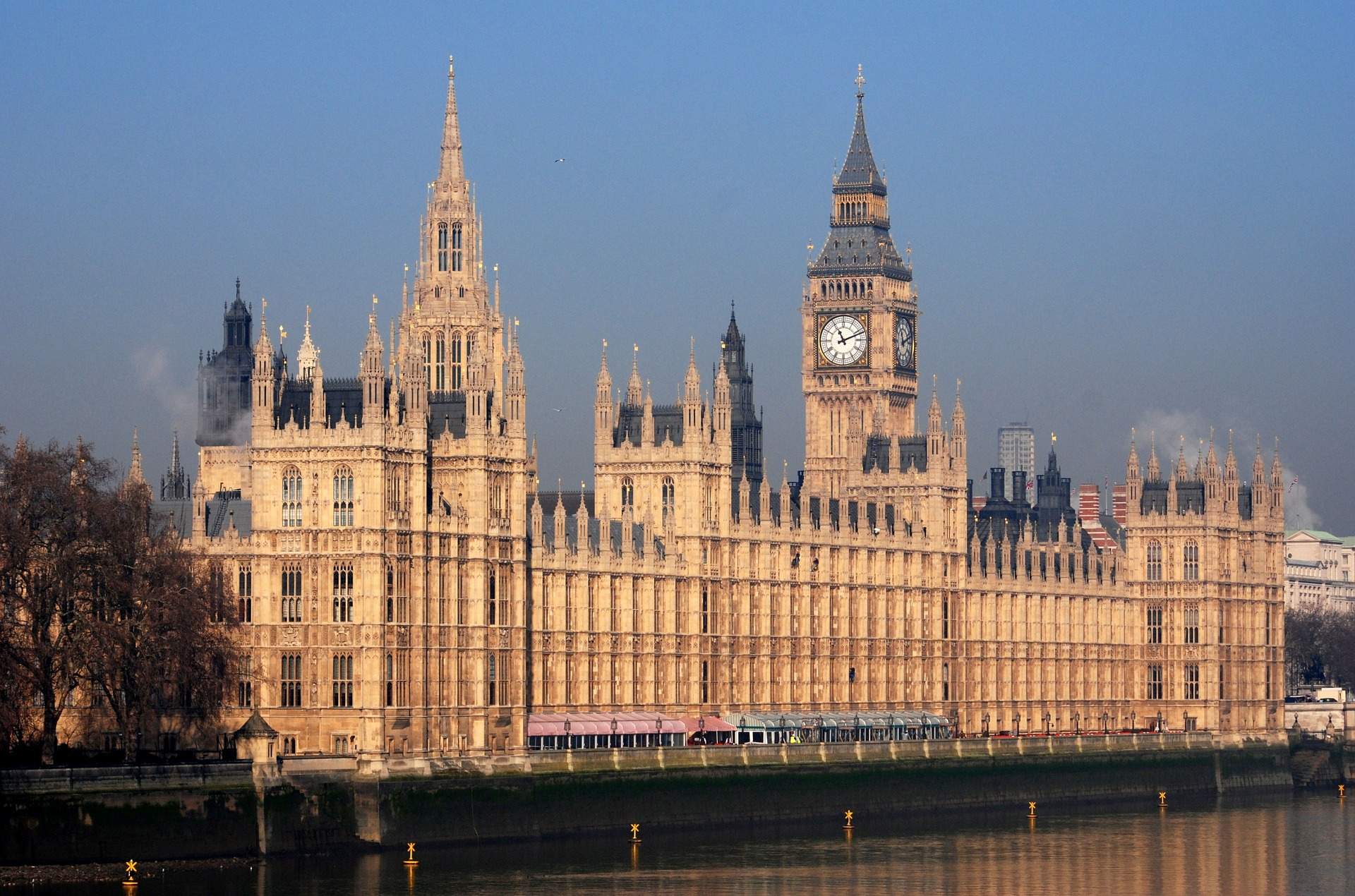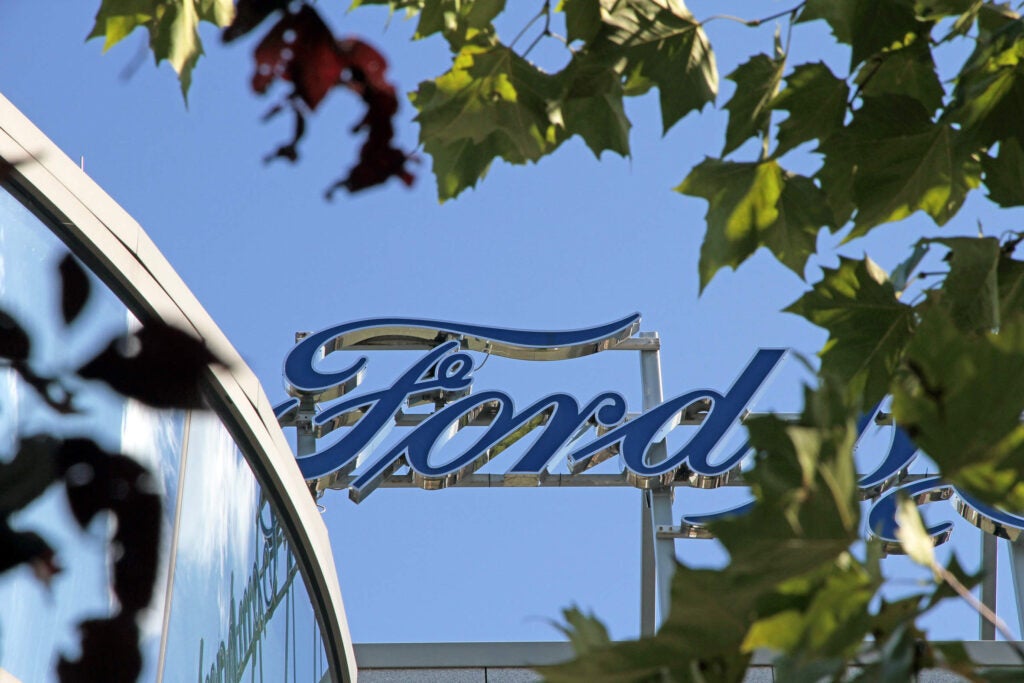
The British Vehicle Rental and Leasing Association (BVRLA) has said the government’s revamped decarbonisation goals can only be achieved with more support.
On 4 February, Prime Minister Boris Johnson unveiled plans to bring forward the ban of new petrol, diesel and hybrid car sales in the UK from 2040 to 2035 – in order to achieve the government’s target of emitting zero-carbon by 2050.
The government also said further restrictions on petrol and diesel cars could be implemented sooner.
The BVLRA has responded by “urging” the government to match its “bold” carbon reduction targets by unveiling a comprehensive EV support package in its forthcoming budget on 11 March.
Gerry Keany, chief executive of the BVLRA, said: “Budget 2020 is an opportunity to set the tone for a new decade in which the transition to decarbonised road transport will be won or lost.
“Fleets are being asked to invest billions of pounds in new electric vehicle technology and infrastructure, which comes at a hefty price-premium to its petrol and diesel alternatives.
How well do you really know your competitors?
Access the most comprehensive Company Profiles on the market, powered by GlobalData. Save hours of research. Gain competitive edge.

Thank you!
Your download email will arrive shortly
Not ready to buy yet? Download a free sample
We are confident about the unique quality of our Company Profiles. However, we want you to make the most beneficial decision for your business, so we offer a free sample that you can download by submitting the below form
By GlobalData“To achieve these goals the government must provide a clear support package through to at least 2025. It must preserve the plug-in car and van grants, maintain a strong set of tax incentives and tackle the huge and often arbitrary costs associated with fleet charging infrastructure,” he added.
BVLRA members own and operate more than 5m cars, vans, trucks and buy nearly 50% of all new vehicles sold each year.
Mike Hawes, chief executive of the Society of Manufacturers and Motor Traders, said accelerating an already “challenging” ambition will require root and branch market restructuring.
He said: “Manufacturers are fully invested in a zero-emissions future, with some 60 plug-in models now on the market and 34 more coming in 2020.
However, with current demand for this still expensive technology, still just a fraction of sales, it’s clear that accelerating an already very challenging ambition will take more than industry investment.
“This is about market transformation, yet we still don’t have clarity on the future of the plug-in car grant – the most significant driver of EV up-take – which ends in just 60 days’ time, while the UK’s charging network is still woefully inadequate,” he added.
As reported by the BBC on 4 February, the sudden change comes as experts say 2040 would be too late if the UK wants to achieve its emission targets.






